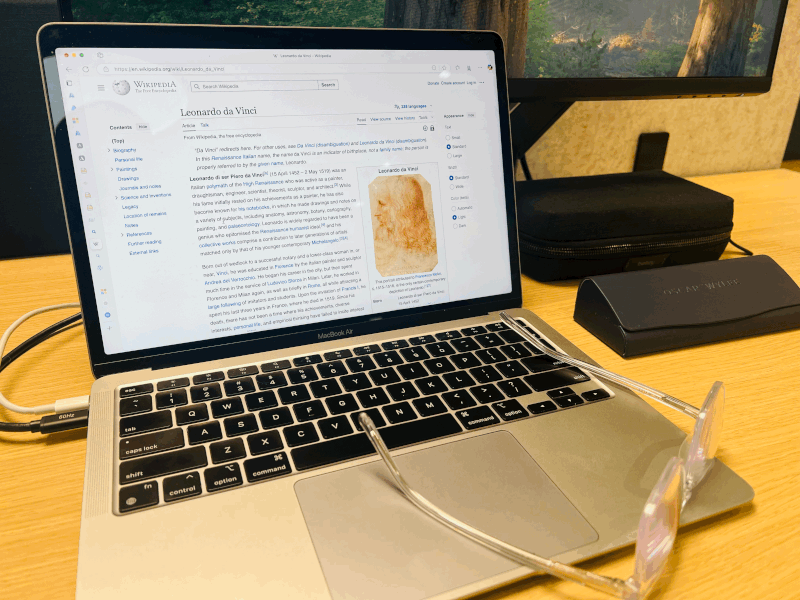Is AI bringing back the Renaissance thinker?

After decades of emphasis on STEM and vocational skills, is AI reinvigorating the idea of the polymath — the Renaissance thinker?
For years, education and hiring have skewed toward “technical” skills in law, finance, engineering, coding, and more. But as AI models start to command the technical detail better than any human specialist, why aim to be a less effective facsimile of them?
I’m seeing something fascinating emerge: the resurgence of the Renaissance thinker.
The Renaissance skill set
I’m seeing the resurgence of the Renaissance thinker. Someone who:
- Reasons well across many domains — not deeply expert in one, but capable across several
- Knows the limits of their own knowledge — self-aware enough to know when to seek help
- Can zoom from 10,000-foot strategy to line-item detail and back — comfortable at multiple levels of abstraction
- Knows when to stop digging, reevaluate, and try a different tack — strategic about effort allocation
- Defines what success looks like and knows how to test for it — outcome-focused rather than process-obsessed
This isn’t about being a generalist versus a specialist. It’s about being an orchestrator.
Real-world Renaissance thinking
An example: an investor I know with expertise in equity markets and a good grasp of software — but not a career developer — needed deeper insight into risk across his portfolio. In a matter of days, he orchestrated AI (with only light human oversight) to build a correlation analysis web app, complete with an AI insights layer that flagged potential risk exposures between securities.
He had the breadth of skill to frame the problem clearly, to be aware of his own limits, to orchestrate tools effectively, and to validate the outcome.
This concept isn’t confined to finance or tech. I see Renaissance thinkers create and deploy advanced capabilities across domains — from digital marketing to compliance oversight, sports coaching to exam preparation. They move from idea to implemented capability in record time by orchestrating AI specialists, and critical humans, around their clearly articulated vision.
The orchestration advantage
What makes these Renaissance thinkers effective isn’t that they can code better than developers or analyze data better than statisticians. It’s that they can:
- Frame problems clearly across domain boundaries
- Orchestrate diverse tools — both AI and human — toward unified objectives
- Validate outcomes using domain knowledge and business judgment
- Iterate quickly when the first approach doesn’t work
They’re not trying to replace specialists. They’re conducting them.
Implications for education
As a father of young teenagers, I wonder what this means for their tertiary education plans. They have a few years before they make any big decisions, during which the AI landscape will evolve even further.
Maybe they’ll be inspired by the Renaissance approach? Instead of diving deep into a single technical domain, perhaps the future belongs to those who can think broadly, orchestrate effectively, and adapt quickly.
The irony is striking: in an age of artificial intelligence, the most valuable human skills might be the most fundamentally human ones — judgment, creativity, and the ability to see connections across domains.
What do you think — are we witnessing the return of the polymath? 🤔
Originally shared on LinkedIn
